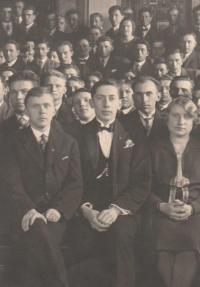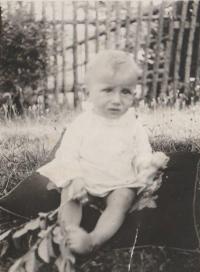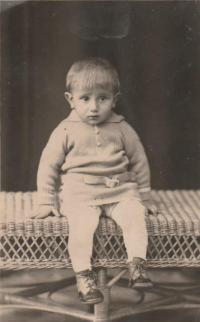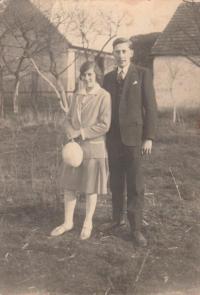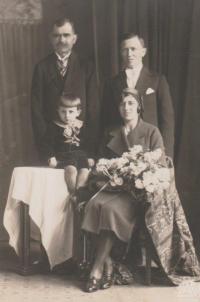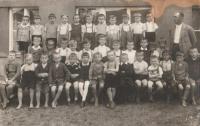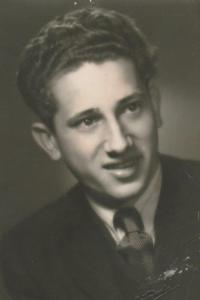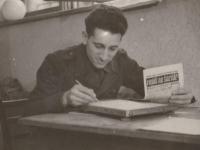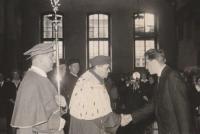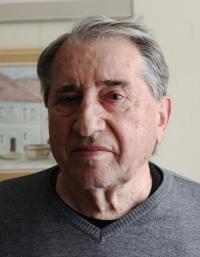I think back fondly on every period of my life

Stáhnout obrázek
Ladislav Žížala was born on 4 November 1929 in Skalice near Benešov. His parents owned a farm and the surrounding fields. His father died when he was two years old. His mother married again soon after, because the farm could not function without a farmer. Ladislav remembers the last years of the First Republic and the farming cooperatives that were organised by the farmers themselves. He attended grammar school in Benešov during World War II, which he also has many memories of. After the war he trained as a glazier and worked in the craft for four years. Then he and his wife moved to better living conditions in Týnec nad Sázavou, where he found employment at Jawa. He soon worked himself up to a higher position. In the years 1983-1985 he served as Delegate of the Ministry of Foreign Trade to Moscow, in Chertanovo (a district of Moscow). He has always enjoyed painting. As of 2017, he lives in Týnec nad Sázavou, where he is acknowledged as a respected historian.
